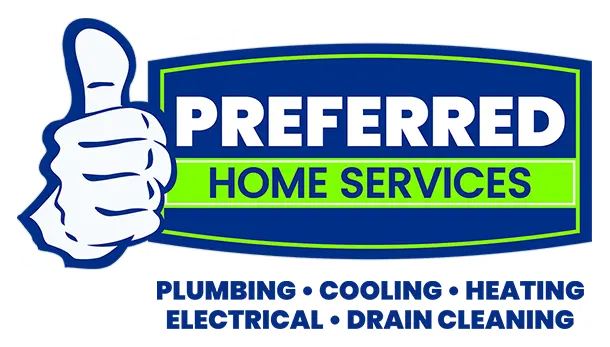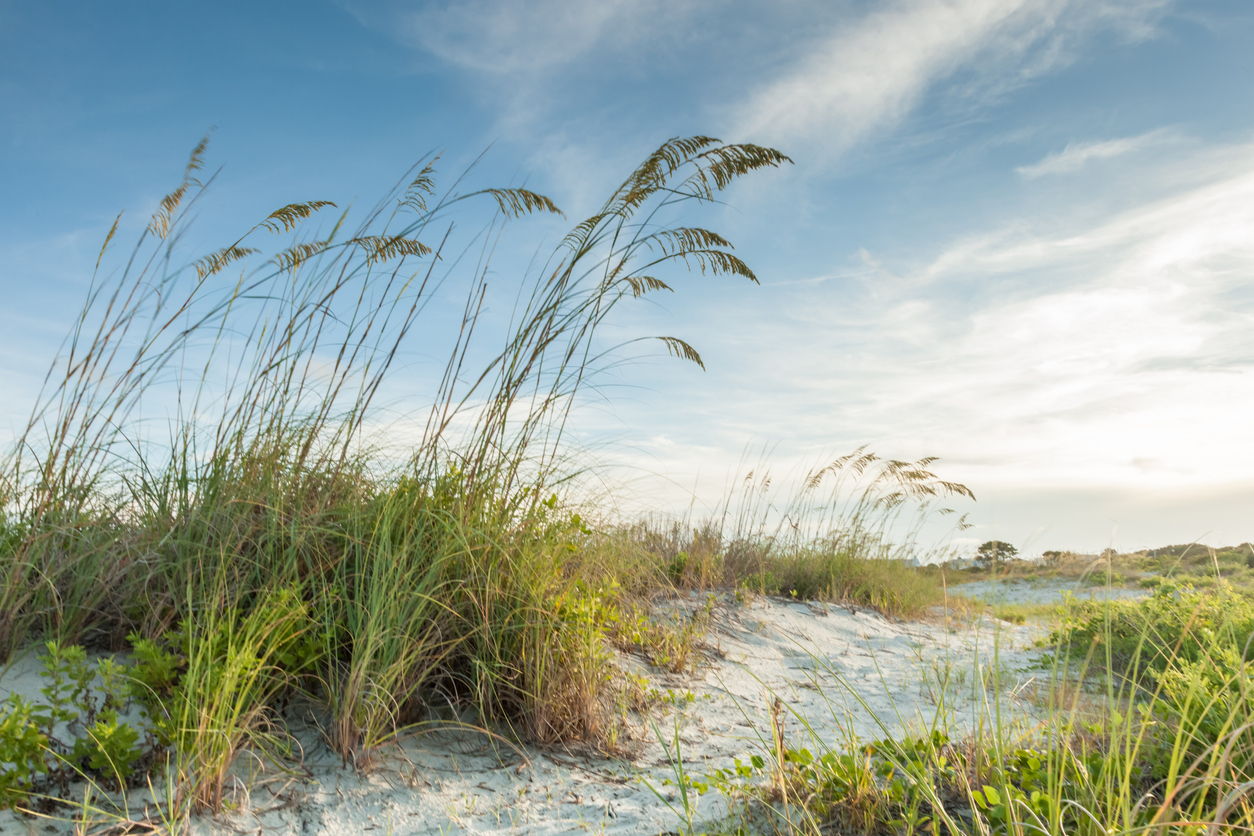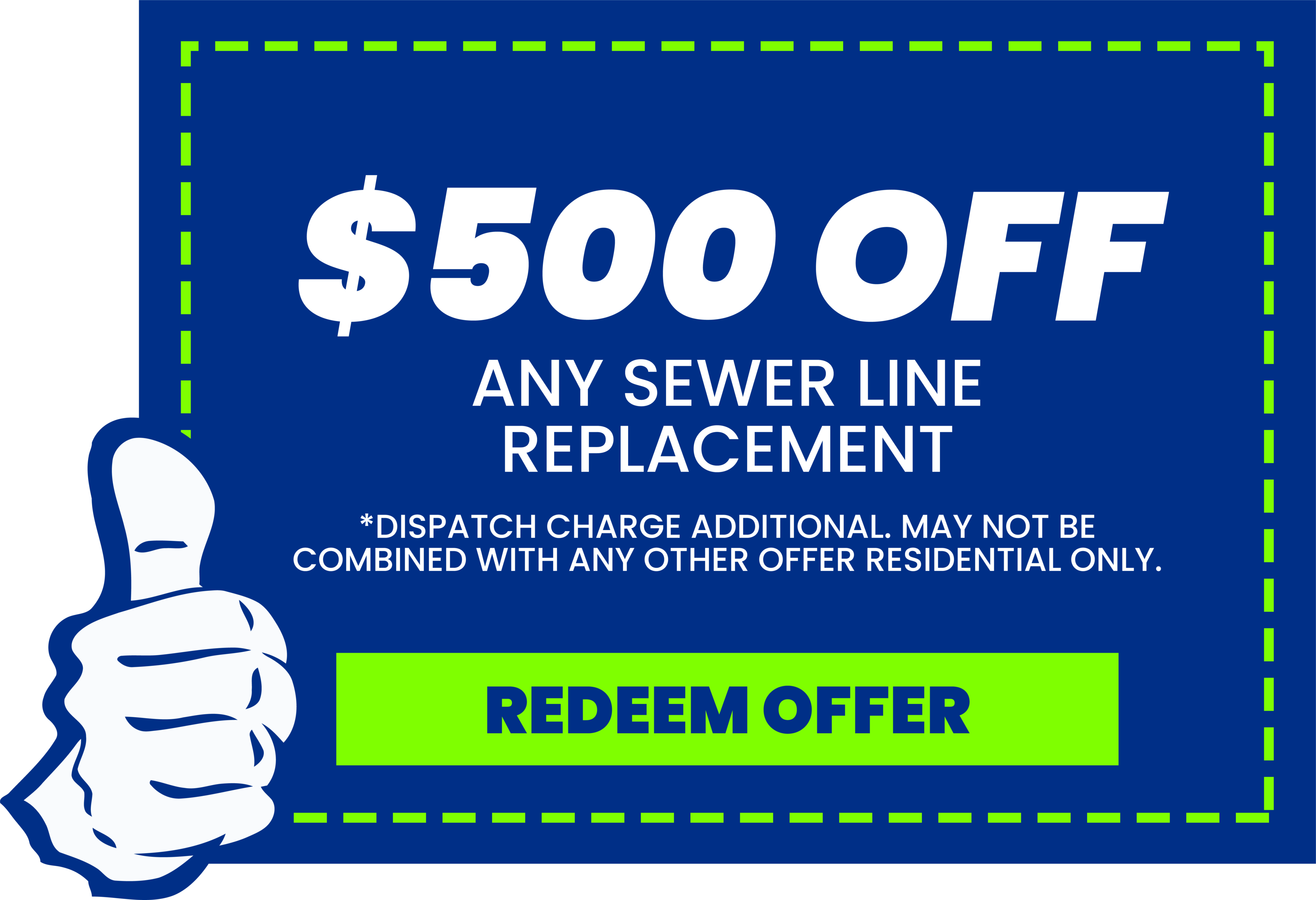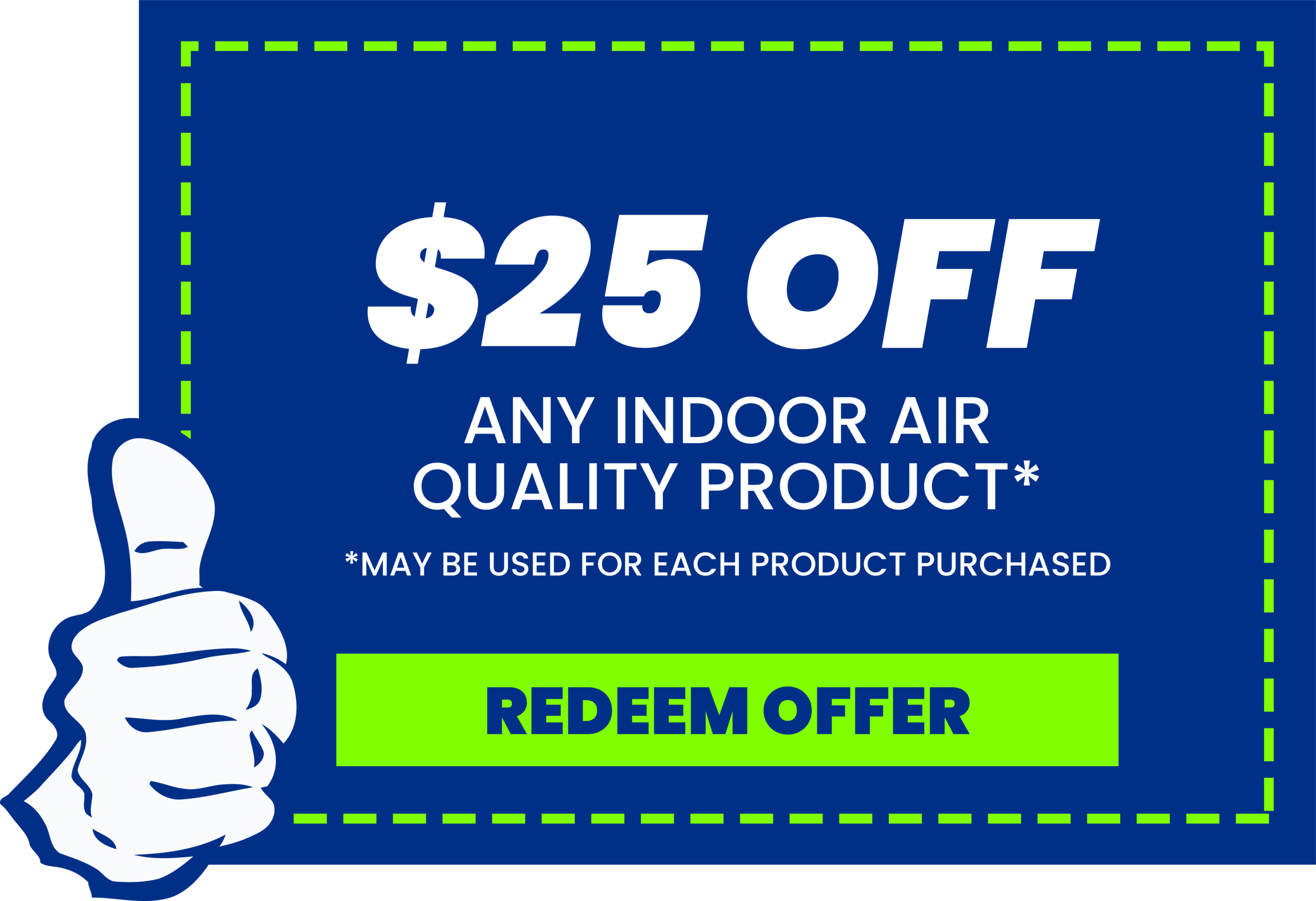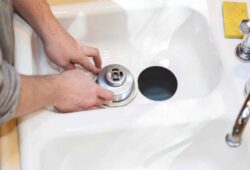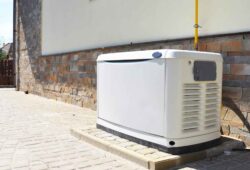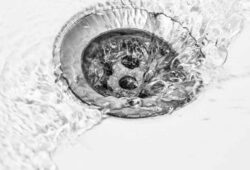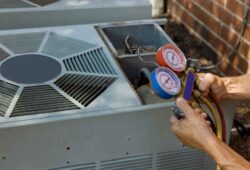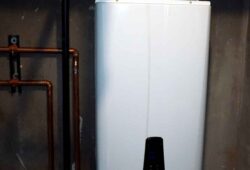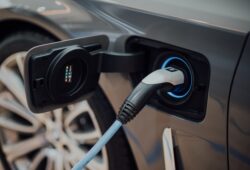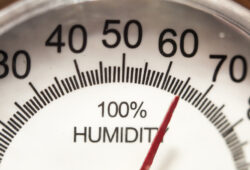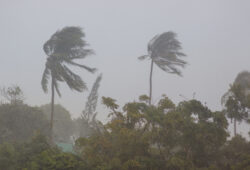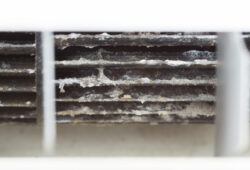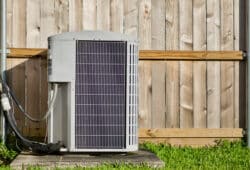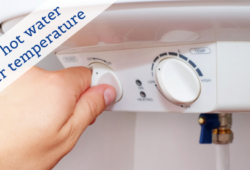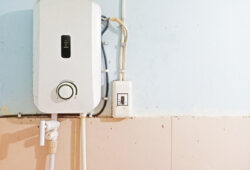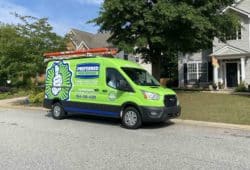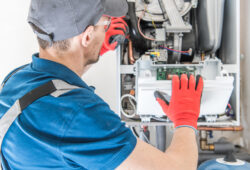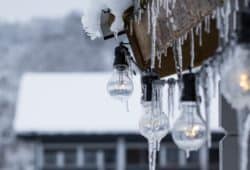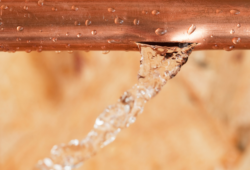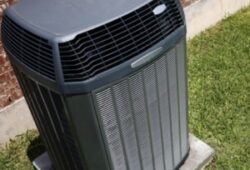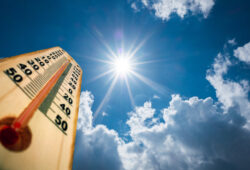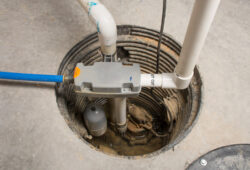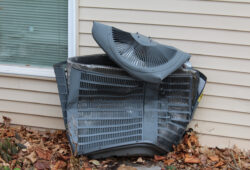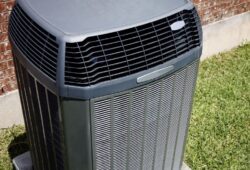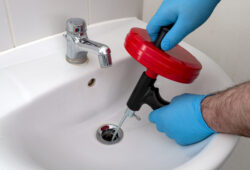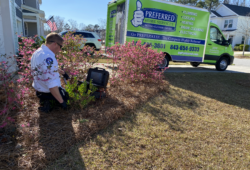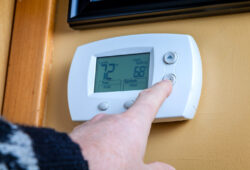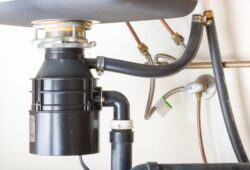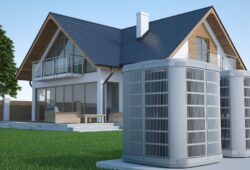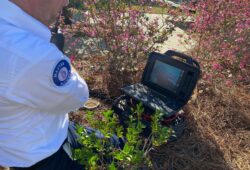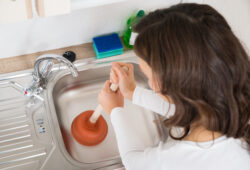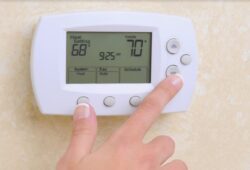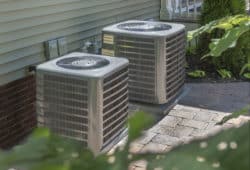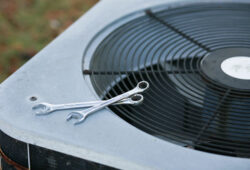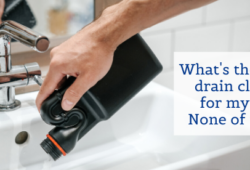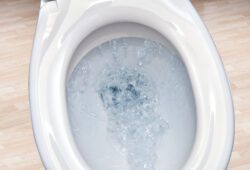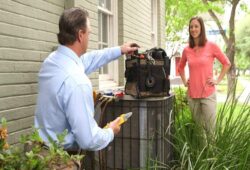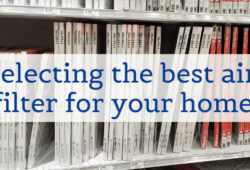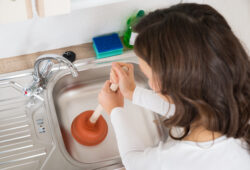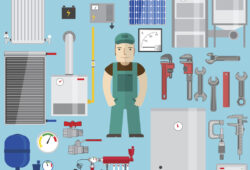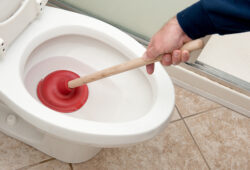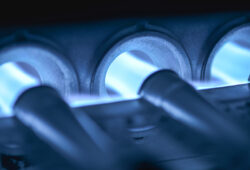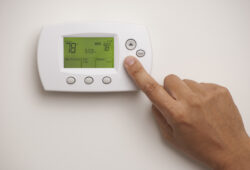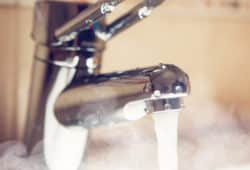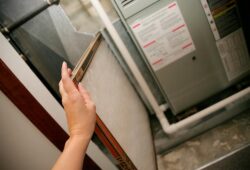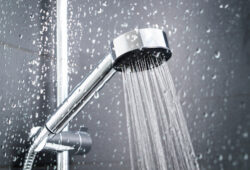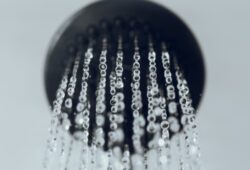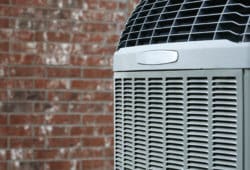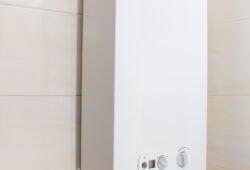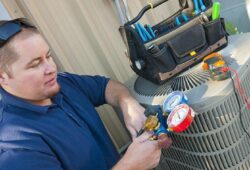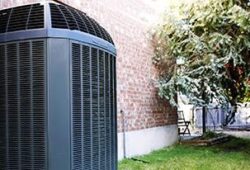Living seaside in South Carolina certainly has its perks. Between the sunshine and the Southern charm, what’s not to love? But while the salty sea air might be refreshing for us, the same can’t be said for your home HVAC system.
In fact, living by the coast can cause serious problems for your heating and cooling system if you don’t know how to protect your HVAC system. That’s why homeowners need to understand how coastal weather can impact their systems and what signs might signal it’s time to consider repair or replacement.
How Coastal Weather Affects Your HVAC System
When you live near the coast of Charleston, South Carolina, your proximity to the ocean comes with some unexpected challenges. The sea air can be highly corrosive to outdoor HVAC units; salty coastal climates can corrode cars and other metal machinery and eat away at your air conditioning unit.
So, how serious is the threat of coastal corrosion for your HVAC system? Consider this: With proper maintenance, the average HVAC system has a life expectancy of 15 to 20 years. When exposed to salty air without any precautions, your unit may only last five to seven years.
How To Protect Your HVAC System
If you don’t want your system to fail prematurely, there are steps you can take to keep it protected from the damaging effects of salt air:
Choose the Right Unit
Some HVAC manufacturers create their products with coastal homeowners in mind. Having served over 60,000 families in South Carolina, Preferred Home Services uniquely understands which HVAC models feature the best salt-corrosion resistance for coastal families. We’ll help you find the best system for your home’s environment.
Pick the Right Location
Where you install your HVAC system can make all the difference. A knowledgeable technician will be able to identify the best installation location for your outdoor unit. For example, keeping your HVAC system out of the way of ocean winds by using your home as a buffer can prevent unwanted salt buildup that can lead to corrosion. Be sure to keep your outdoor unit uncovered, as rainwater can help rinse away any salt that does make its way onto your system.
Schedule Biannual Maintenance
While annual tune-ups are the way for most HVAC systems, coastal families should schedule a maintenance visit twice a year. During these visits, your technicians should perform a salt rinse and cleaning that explicitly targets ocean air’s harmful effects.
Signs Your Coastal HVAC Unit Needs Repair
When it comes to salt air corrosion, one of the most vulnerable components of your outdoor HVAC unit is its condenser coil. For this reason, homeowners should be on the lookout for signs of condenser coil damage that can indicate corrosion within their systems, including:
- Reduced airflow
- Insufficient cooling
- Ice forming on system parts
- Pockmarks on the equipment
- Grinding or rattling noises during operation
- Electrical malfunctions
- Refrigerant leaks
In some cases, the condenser may simply need a thorough salt cleaning. However, the entire unit may need replacing if the coil has already corroded.
When To Contact an HVAC Professional
Continuous care from a trained professional is key to ensuring your coastal HVAC system lasts long. If it’s been over a year since your last maintenance appointment, don’t hesitate to contact the team at Preferred Home Services to get started with biannual tune-ups today.
Notice the signs of condenser coil damage affecting your system performance? Request HVAC repair or replacement services in South Carolina by calling us at (843) 405-3601 or contacting us online!
